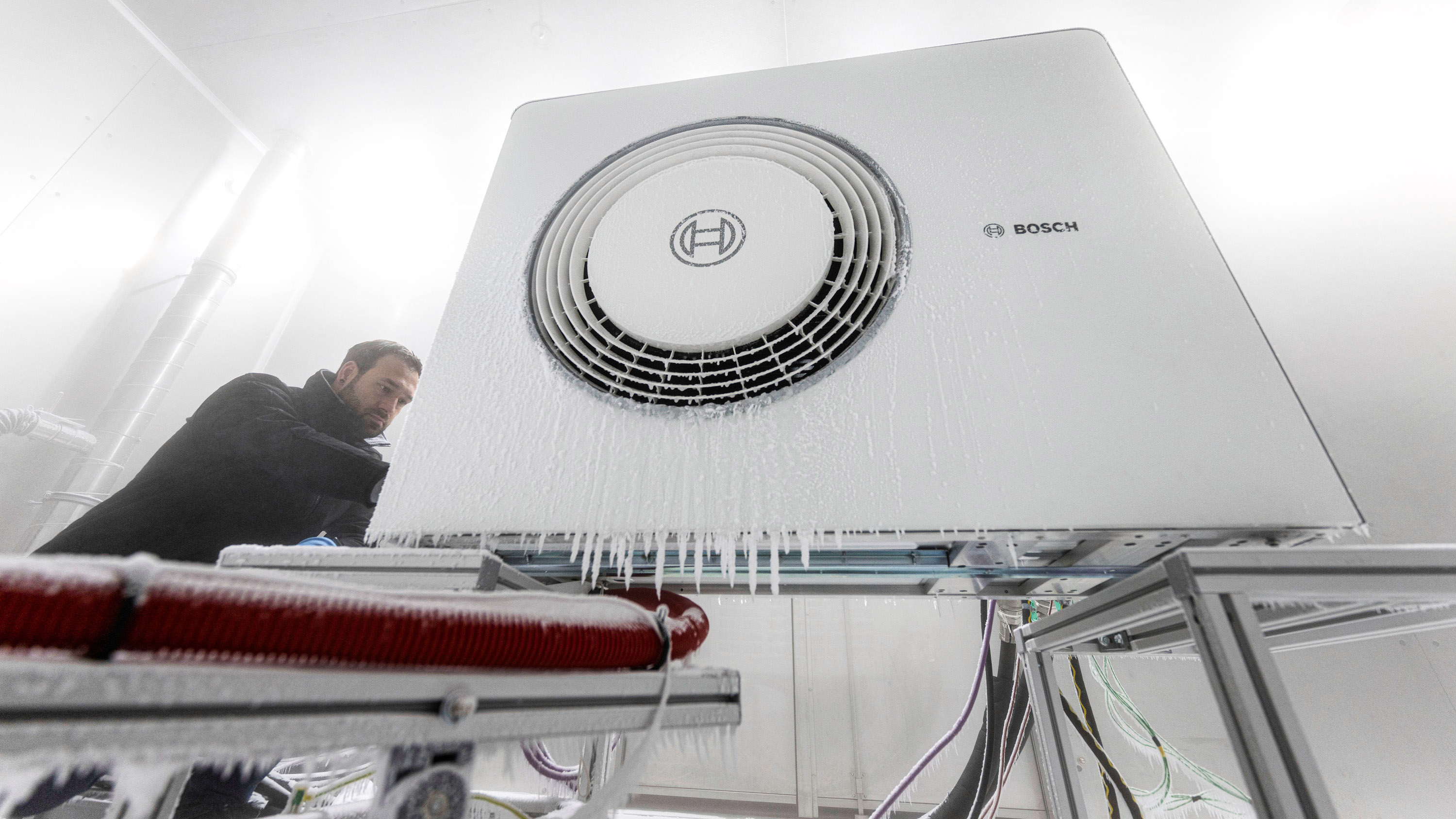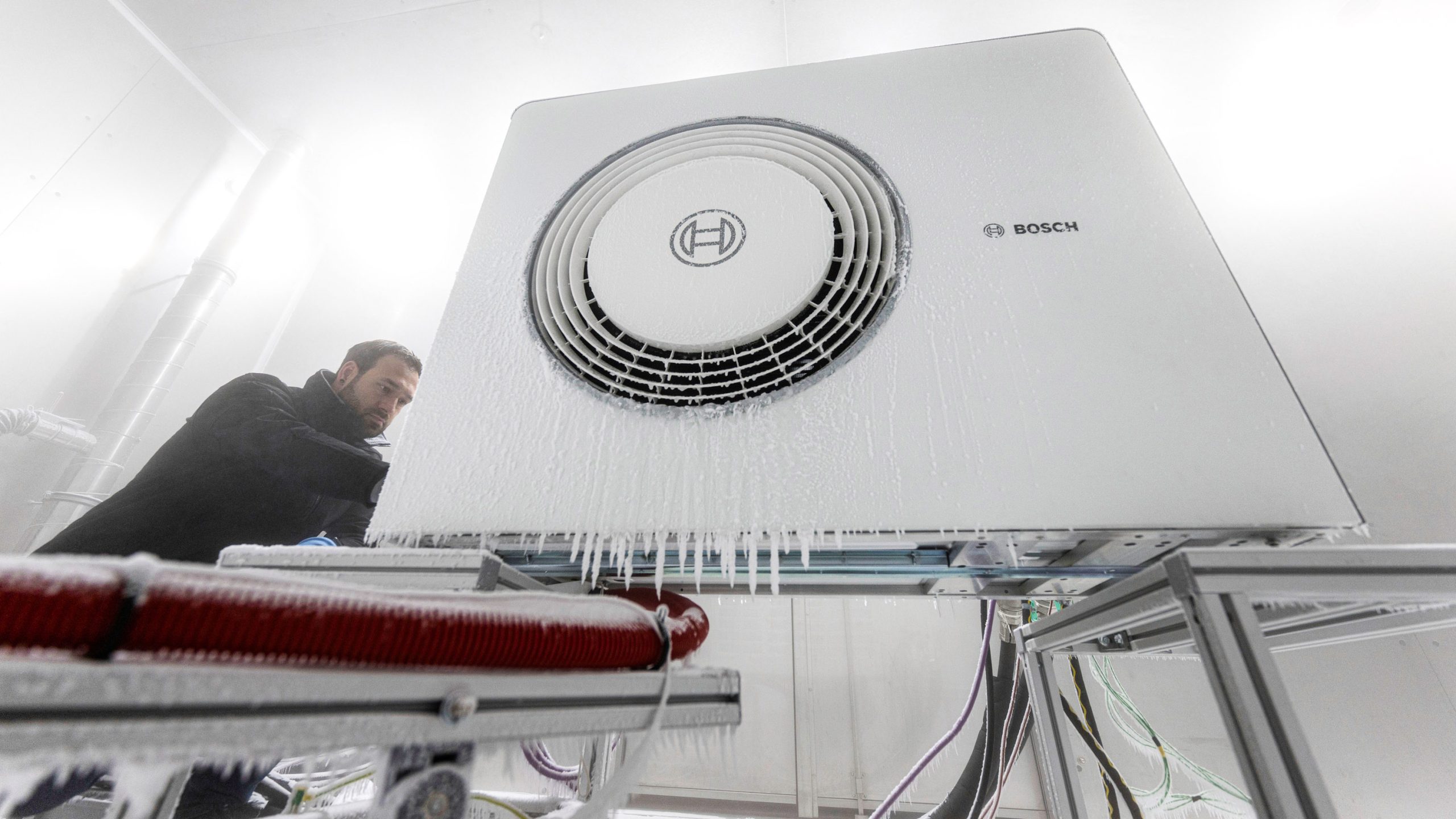
Huge EVs are far from perfect, but they could still help fight climate change.
A handful of electric-vehicle commercials aired during the game on Sunday, and all of them had one thing in common: the vehicles featured were massive.
Will Ferrell faced an army of zombies in an electric pickup and hopped into an EV Hummer in an ad for GM. Ram’s pharmaceutical-style commercial joked about “premature electrification” concerns, offering a Ram truck as a solution. Jeep’s ad for hybrid SUVs was my favorite, with its dancing animals and catchy “electric boogie.”
All these ads got me thinking about something that’s been swirling around in the news a lot lately: in the US, cars are already big, and they’re getting bigger. Now, in the name of addressing climate change, companies are catering to America’s obsession with giant vehicles, advertising the same trucks and SUVs we know and love—but electrified.
Giving people what they want could be key to boosting EV adoption. But big EVs could come with a climate cost. So for the newsletter this week, let’s dig into the issue of big EVs. How much of a problem are they really, and what should we do about it?
Supersize my car
It’s safe to say that Americans are obsessed with big vehicles. The top three best-selling vehicles in the US last year were trucks. Today, only one in four vehicles sold in the US is a sedan or hatchback.
I’ve participated in big-car culture: I learned how to drive in my family’s Ford Expedition, a massive SUV if there ever was one. It was forest green, and we called it “The Hulk.” (It was later replaced by the same model in white, which we called “Yeti.”)
Most people don’t need these gigantic vehicles. Over 60% of pickup drivers rarely or never use them to tow anything. Instead, large vehicles are luxury items, and symbols of possibility. People buy them because they imagine they might someday want to load up their truck bed with furniture or tow a camper van.
Now that the world is trying to cut emissions, car companies are producing electric versions of their bestsellers. This could be a blessing: if there are more EV options that people want to drive, that could mean more EVs on the roads, and fewer gas-powered cars. It’s arguably by producing cars perceived as cool, after all, that Tesla made EVs a mainstream option in the US in the first place. By the way, the best-selling Tesla is the Model Y, an SUV.

